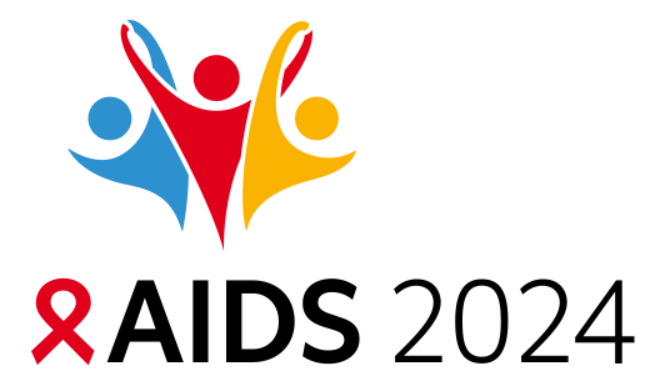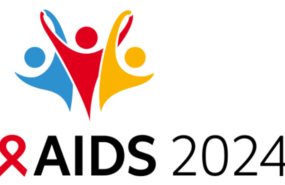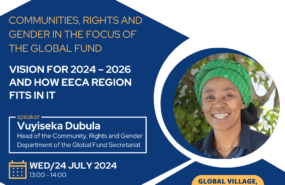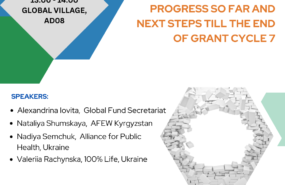Situation analysis of the nexus of migration and HIV care for returned migrants in Armenia and Uzbekistan
- 22.12.2021 21:03
- Post Views: 270
In the framework the Community Rights and Gender Strategic Initiative component with financial support from the Eurasian Harm Reduction Association within the Regional Platforms for Communication and Coordination project, The Regional Expert Group on Migration and Health conducted two studies in two EECA countries— Armenia and Uzbekistan aimed to gain an understanding about the legal and institutional barriers the returned migrants face: “Situation analysis of migration HIV-related health services for returned migrants in Armenia and Uzbekistan”.
The Russian Federation, which is the host country for the largest number of migrants in the EECA region, remains one of 19 countries in the world which still have deportation policies for foreigners living with HIV. It is now increasingly recognized that the existence of legislative measures to restrict the entry for foreigners living with HIV and deportation provisions lead to hidden epidemics in countries. Returned migrants living with HIV are likely to contribute to acceleration of the HIV epidemic in their home countries, especially in Central Asia, the source of as many as half of labor migrants to the Russian Federation. Due to the RF’s restrictions on access to HIV-related services, it is important to determine whether people who have returned from migration face barriers in accessing HIV/AIDS treatment.
The study included collection and reviewing of existing national epidemiological surveillance data on HIV and migrants in sending countries, identification of barriers to accessing HIV related services for returning migrants, analysis of national policy in the area of migrant health, including the support migrants living with HIV abroad, treatment and support of international migrants in Armenia and Uzbekistan.
As part of the study, in-depth interviews were conducted with migrants who have experience of interacting with the health care system, as well as interviews with experts engaged in HIV prevention and treatment (managers and employees of health facilities, social workers, and activists). This study was the first in the region to directly analyze the voices of migrants living with HIV.
Related News
AIDS 2024: Communities, Rights and Gender in the Focus of the Global Fund: vision for 2024 – 2026 and how EECA region fits in it
24.07. at 13.00 join the community Dialogue with the Head of Community, Rights & Gender Department in the Global Fund Secretariat Post Views: 12 Read moreAIDS 2024: Global Fund Breaking Down Barriers Initiative in EECA: progress so far and next steps till the end of Gran Cycle 7
On the 23rd of July at 13.00 join the session with Alexandrina Iovita, Senior Technical Advisor, Human Rights, Community Rights and Gender Department, Global Fund Secretariat Post Views: 11 Read moreEECA Region Space Schedule during AIDS 2024

Welcome to the EECA Region Space at the Global Village during AIDS 2024 Conference! Our dedicated space at the Global Village is designed to highlight the unique perspectives and experiences of the EECA region, fostering collaboration and inspiring action. Join us for a series of engaging sessions, workshops, and presentations that will explore a wide range of topics.
Services for migrants and refugees from Ukraine – HIV/TB care with a focus on key populations
Due to the increasing flows of refugees from Ukraine because of Russia’s invasion of Ukraine, the EECA Regional Platform created a spreadsheet to fill contacts details of face-to-face and online services for refugees and migrants (with a focus on HIV/TB care and key population groups).
Regional Platform – EECA
This web-resource is a part of new regional communication and coordination project “Regional Civil Society and Community Support, Coordination and Communication Platform - EECA”, implemented by Eurasian Harm Reduction Association (EHRA).
Tags
See also
-
Events with Global Fund Speakers at AIDS 2024 17.07.2024 14:43
-
EECA Region Space Schedule during AIDS 2024 12.07.2024 11:14
-
Two Requests for Proposals from the Global Fund 04.07.2024 11:42
-
EECA’s Regional Platform monthly Newsletter #6, July 2024 04.07.2024 11:28







